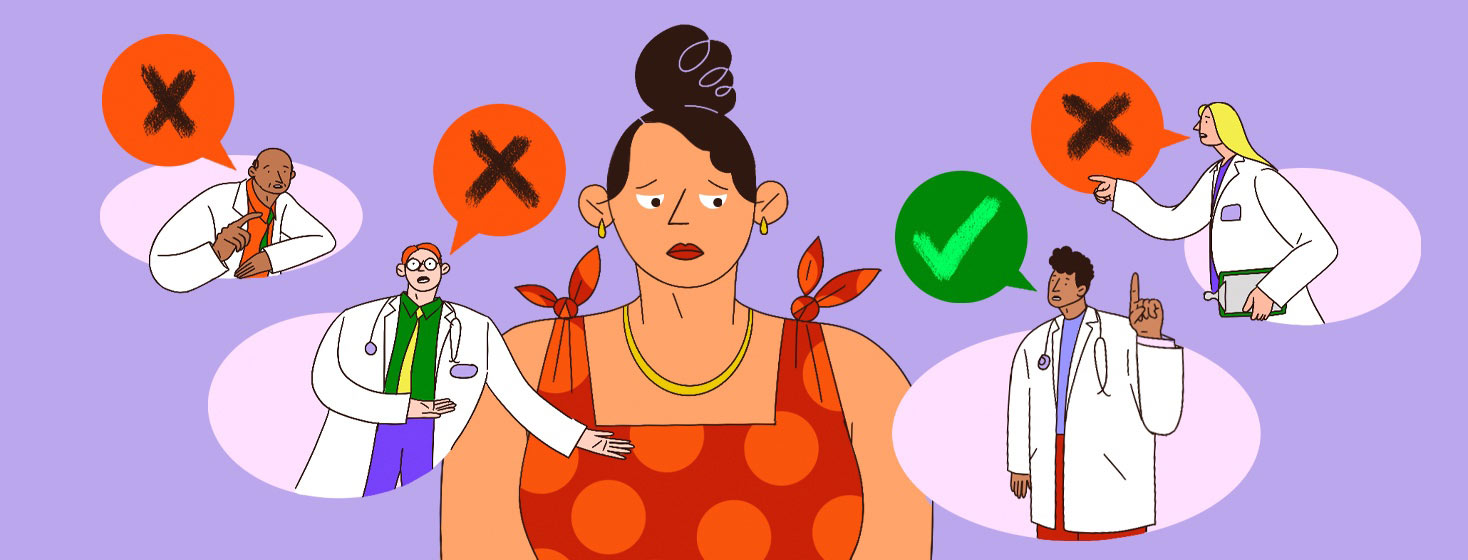The Importance of Finding a Doctor Who Specializes in MG
Throughout my years living with myasthenia gravis (MG), I’ve had my fair share of doctors. I’ve also been in between doctors when the one I had unexpectedly went on permanent medical leave. Due to the large volume of patients he had, it took months before they assigned me to someone else.
Although the new doctor I eventually was assigned to was also a neurologist, he was not equipped to handle patients with MG. He specialized in multiple sclerosis. While they have some similarities, they are not the same disease and need to be managed and treated very differently. It wasn’t until that meeting with him that I realized how important it is to find a doctor who specializes in myasthenia gravis when possible.
I’ve found many important reasons for finding a doctor who specifically specializes in our disease. The main reasons include a quicker diagnosis, more knowledge about the available and most effective treatment options, and most importantly, they are aware of what to look and test for in a myasthenic crisis.
There are a variety of specialists
I think that a lot of neurologists nowadays are familiar with the symptoms to look for when it comes to a diagnosis of MG. That wasn’t the case 10 years ago when I was trying to figure out what was going on with me. Although most neurologists might know to test for MG when someone is presenting with symptoms, it might not be the first route they take or the first thing they think of if they specialize in something else.
Neurologists can specialize in a variety of things from brain injuries and tumors to Alzheimer’s and Epilepsy. This may lead to a longer diagnosis period, which means more suffering for us, the patients even if the doctor has the best of intentions.
Informed about treatment options
Secondly, they are informed of the latest and most effective treatments. In my experience, when doctors specialize in MG, they aren’t just familiar with the treatment options that have proven the best results, they also know what treatments are in the pipeline; which ones are in clinical trials, and which ones have just been approved, or are close to approval, for the market.
This can make all the difference for those of us who have seronegative MG or who haven’t responded to conventional treatment options yet and need to try something new. Since medications and treatment options are so limited, this can be especially beneficial.
Knowing the signs of a myasthenic crisis
Lastly, MG is a tricky disease when it comes to predicting whether or not we are in a flare or headed toward a crisis. I’ve been to the emergency room when I was close to blacking out because I couldn’t breathe. The neurologist on call was quick to chalk up my breathing issues to anxiety when my oxygen saturation levels on a pulse ox were reading 98 percent. I didn’t know at the time that isn’t a good indication or test of how we are actually doing.1
I also knew that something was wrong so when they opted to send me home, I called my own neurologist. He then called the hospital and informed them of the tests that needed to be completed including pulmonary function tests. After the tests, it was determined I was at 50 percent lung capacity, and immediately admitted into the ICU. That was a very scary experience and a huge learning lesson.
More confidence in a specialist
Whether you’re trying to obtain a diagnosis or trying to manage your MG, I strongly believe that a neurologist who specializes in neuromuscular disorders, and even more specifically, myasthenia gravis, is the best option for us. I personally feel more confident in my quality of care when I have a doctor who knows more about my disease than me, and we know that’s rare since we often learn to be our own advocates!

Join the conversation